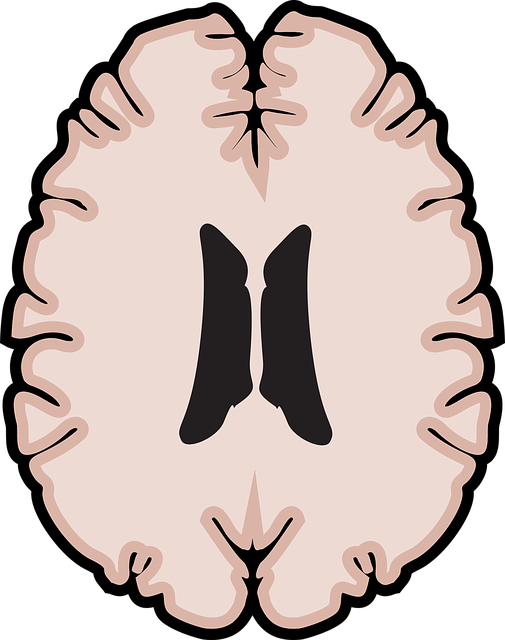Children's chronic illnesses demand public awareness and support. Early detection, proper management, and access to therapy are key. Campaigns leverage media, personal stories, and data to educate the public, reduce stigma, and promote empathy. Podcast series explore therapeutic concepts like compassion cultivation. Effective campaigns include mindfulness meditation for inner strength development, strategic risk management for professionals, and collaboration with healthcare experts using evidence-based practices. The goal is to empower children and caregivers, ensure safety, and enhance emotional well-being in communities affected by chronic illnesses.
Public awareness campaigns play a pivotal role in addressing global concerns surrounding children’s chronic illnesses, fostering empathy and understanding. This article explores the transformative power of such initiatives in raising sensitivity towards these conditions. We delve into strategies for crafting effective therapy-focused campaigns, emphasizing the importance of tailored messaging and community engagement. By understanding children’s chronic illnesses, we can develop impactful therapies and ensure support systems are in place, ultimately enhancing their quality of life.
- Understanding Children's Chronic Illnesses: A Global Concern
- The Role of Public Awareness Campaigns in Raising Sensitivity
- Strategies for Crafting Effective Therapy-Focused Initiatives
Understanding Children's Chronic Illnesses: A Global Concern

Children’s chronic illnesses are a growing global concern that demands increased public awareness and understanding. These conditions, ranging from asthma to diabetes and beyond, affect millions of youngsters worldwide, significantly impacting their daily lives, families, and communities. Raising awareness about these illnesses is crucial to ensuring early detection, proper management, and access to suitable therapy for children chronic illness.
Educating the public about the signs, symptoms, and impact of childhood chronic conditions can foster empathy and encourage support systems. Additionally, promoting mental wellness through initiatives like Emotional Well-being Promotion Techniques and Mental Wellness Podcast Series Production is essential, as these illnesses often carry a psychological burden. Effective risk management planning for mental health professionals is also vital to navigate the complex needs of children and their families affected by chronic conditions.
The Role of Public Awareness Campaigns in Raising Sensitivity

Public awareness campaigns play a pivotal role in raising sensitivity and understanding around various issues, including those related to children’s chronic illnesses. By utilizing various communication channels, these campaigns can educate the public about the challenges faced by children and their families. Through compelling narratives, personal stories, and data-driven insights, they foster empathy and compassion. This is particularly crucial for conditions that are often misunderstood or stigmatized, encouraging a supportive environment and promoting early intervention.
In the context of therapy for children with chronic illnesses, awareness campaigns can introduce concepts like compassion cultivation practices, which have been explored in mental wellness podcast series production. These initiatives promote resilience building by normalizing conversations around mental health, reducing the stigma associated with seeking support, and encouraging proactive measures to enhance overall well-being.
Strategies for Crafting Effective Therapy-Focused Initiatives

Crafting effective therapy-focused public awareness campaigns requires a strategic approach tailored to engage and educate communities about childhood chronic illness. One key strategy involves inner strength development through mindfulness meditation techniques, empowering children to cope with their conditions. By integrating these practices into campaign materials, such as educational videos or interactive workshops, the goal is to equip both children and their caregivers with valuable tools for stress management and emotional well-being.
Additionally, risk management planning for mental health professionals plays a vital role in ensuring these campaigns are safe and beneficial. This includes clear guidelines on recognizing and addressing potential triggers, promoting cultural sensitivity, and providing resources for follow-up support. Collaborating with healthcare experts and incorporating evidence-based practices into the initiatives strengthens their impact, fostering a supportive environment where children with chronic illnesses can thrive.
Public awareness campaigns play a pivotal role in shaping societal understanding of children’s chronic illnesses, fostering empathy and support. By effectively communicating complex health issues and highlighting the impact on families, these campaigns initiate meaningful conversations and encourage early intervention. Through strategic planning, incorporating compelling narratives, and leveraging diverse media channels, initiatives can be tailored to engage diverse audiences. Ultimately, heightened awareness paves the way for improved access to therapy for children with chronic illnesses, creating a more inclusive and supportive environment globally.














